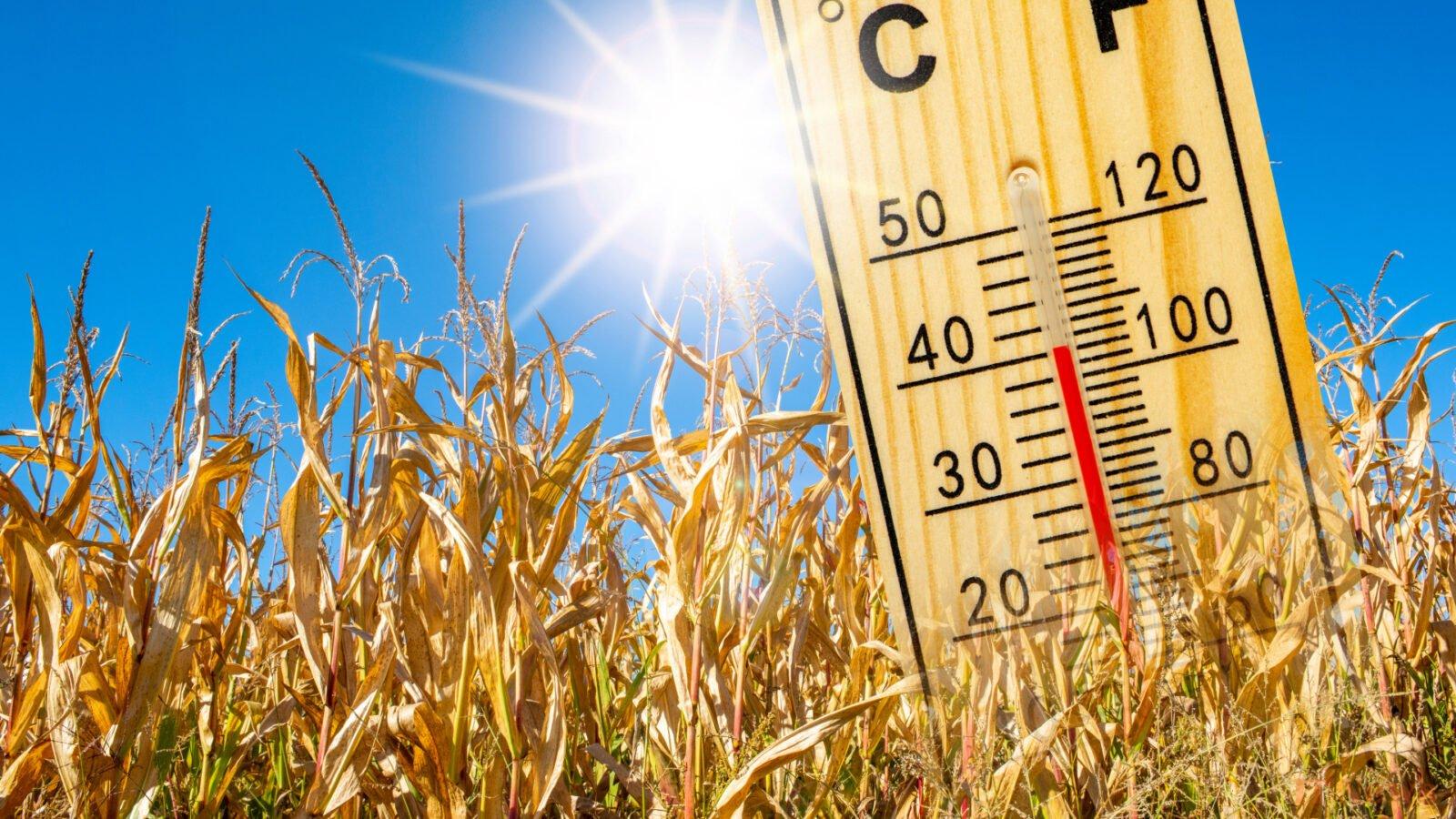Some regions in the southwest and center could exceed 40°C, and the heat won't stop at the usual borders: Île-de-France, Pays de la Loire, and Burgundy will also be affected. All this in a context of tropical nights, strong amplitudes, and a stifling feeling.
An early and brutal heatwave
The forecasts are now clear: a powerful high pressure system will lock the situation in place from Thursday evening, preventing any oceanic influence from cooling the atmosphere. As a result, hot air from Spain and the Maghreb will rise towards France, causing temperatures to soar rapidly.
From Friday, the thermometer will cross the 35°C mark in many regions, notably in Nouvelle-Aquitaine, the Rhône Valley, Tarn, Drôme, and even inland Brittany. And that's just the beginning.
The peak of this episode is expected between Saturday and Sunday! Maximum temperatures between 37 and 40°C are expected across a large southern half, with exceptional peaks in Lot-et-Garonne, Gironde, Charente, and the Var hinterland. But the heat will not remain confined to the south: Île-de-France, Pays de la Loire, and Burgundy could also experience maximum temperatures above 36°C. The nights will be particularly trying because in many cities, the mercury will not fall below 22 to 24°C, making sleep difficult, if not impossible, for the most vulnerable.
A situation under surveillance
For now, the episode does not appear likely to last beyond three or four days, but uncertainties persist. Storms could attempt to break through as early as Monday, particularly in the mountains. But the general configuration remains favorable for the heat to continue into early next week, even if the intensity could weaken slightly.
The Météo-France services are closely monitoring the situation. The national heatwave plan, activated since June 1, could be reinforced locally with orange or even red alerts, depending on the persistence and intensity of temperatures.
The sudden and early arrival of this heat raises health concerns, particularly for vulnerable groups: the elderly, young children, chronically ill people, and outdoor workers. The combination of high heat during the day and hot nights prevents any thermal recovery, which increases the risks of dehydration, heat stroke, or discomfort.
The authorities urge caution: drink regularly, avoid exertion during the hottest hours, seek shelter in air-conditioned or shaded areas, and never leave a child or animal in a car.



0 Comments